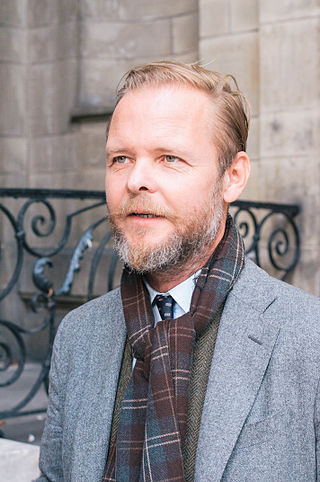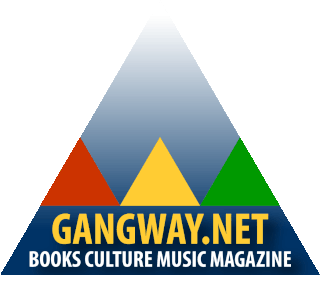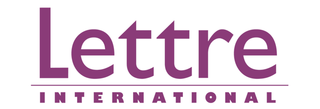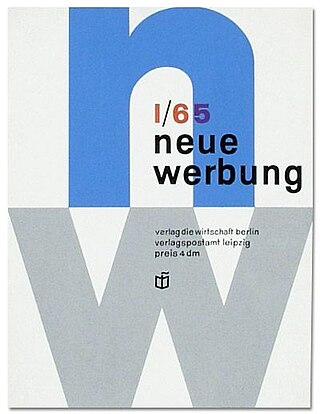Related Research Articles
New Zealand literature is literature, both oral and written, produced by the people of New Zealand. It often deals with New Zealand themes, people or places, is written predominantly in New Zealand English, and features Māori culture and the use of the Māori language. Before the arrival and settlement of Europeans in New Zealand in the 19th century, Māori culture had a strong oral tradition. Early European settlers wrote about their experiences travelling and exploring New Zealand. The concept of a "New Zealand literature", as distinct from English literature, did not originate until the 20th century, when authors began exploring themes of landscape, isolation, and the emerging New Zealand national identity. Māori writers became more prominent in the latter half of the 20th century, and Māori language and culture have become an increasingly important part of New Zealand literature.
This article contains information about the literary events and publications of 1895.

Der Spiegel is a German weekly news magazine published in Hamburg. With a weekly circulation of 695,100 copies, it was the largest such publication in Europe in 2011. It was founded in 1947 by John Seymour Chaloner, a British army officer, and Rudolf Augstein, a former Wehrmacht radio operator who was recognized in 2000 by the International Press Institute as one of the fifty World Press Freedom Heroes. Typically, the magazine has a content to advertising ratio of 2:1.
Although Irish has been used as a literary language for more than 1,500 years, and modern literature in Irish dates – as in most European languages – to the 16th century, modern Irish literature owes much of its popularity to the 19th century Gaelic Revival cultural movement. Writers in Irish have since produced some of the most interesting literature to come out of Ireland, supplemented by work produced in the language abroad.

Christianity Today is an evangelical Christian media magazine founded in 1956 by Billy Graham. It is published by Christianity Today International based in Carol Stream, Illinois. The Washington Post calls Christianity Today "evangelicalism's flagship magazine". The New York Times describes it as a "mainstream evangelical magazine". On August 4, 2022, Russell D. Moore—notable for denouncing and leaving the leadership of the Southern Baptist Convention—was named the incoming Christianity Today Editor-in-Chief.

Antjie Krog is a South African writer and academic, best known for her Afrikaans poetry, her reporting on the Truth and Reconciliation Commission, and her 1998 book Country of My Skull. In 2004, she joined the Arts faculty of the University of the Western Cape as Extraordinary Professor.

Amir Or, is an Israeli poet, novelist, and essayist whose works have been published in 45 languages.
Sudanese literature consists of both oral as well as written works of fiction and nonfiction that were created during the cultural history of today's Republic of the Sudan. This includes the territory of what was once Anglo-Egyptian Sudan, the independent country's history since 1956 as well as its changing geographical scope in the 21st century.

Landfall is New Zealand's oldest extant literary magazine. The magazine is published biannually by Otago University Press. As of 2020, it consists of a paperback publication of about 200 pages. The website Landfall Review Online also publishes new literary reviews monthly. The magazine features new fiction and poetry, biographical and critical essays, cultural commentary, and reviews of books, art, film, drama, and dance.

Christian Kracht is a Swiss author. His books have been translated into more than 30 languages.
Descant was a quarterly literary magazine that published new and established contemporary writers and visual artists from Canada and around the world, reflecting "a cosmopolitan awareness." It was established in 1970 as a mimeograph. Based in Toronto, in its later years Descant published two themed issues per year, and a winter and summer miscellany issue. From 2007 to 2014, Descant sponsored the Winston Collins/Descant Prize for Best Canadian Poem.

The Outlook (1870–1935) was a weekly magazine, published in New York City.

Willy Haas was a German editor, film critic, and screenwriter. He wrote for 19 films between 1922 and 1933, and was a member of the jury at the 8th Berlin International Film Festival.
Southerly is an Australian literary magazine, established in the 1930s. It is published in hardcopy and online three times a year, and carries fiction and poetry by established and new authors as well as reviews and critical essays. The Long Paddock is an online supplement, carrying additional material.

Gangway was an international online literary magazine, bridging Austria and Australia. Its founder and editor in chief is Gerald Ganglbauer, the first issue was launched in June 1996 in Sydney. It appears not to have published since 2016.

Die Freundin was a popular Weimar-era German lesbian magazine published from 1924 to 1933. Founded in 1924, it was the world's first lesbian magazine, closely followed by Frauenliebe and Die BIF. The magazine was published from Berlin, the capital of Germany, by the Bund für Menschenrecht, run by gay activist and publisher Friedrich Radszuweit. The Bund was an organization for homosexuals which had a membership of 48,000 in the 1920s.

Russian Mind is a pan-European sociopolitical and cultural magazine, published on a monthly basis both in Russian and in English. The modern edition follows the traditions of the magazine laid down in 1880 by its founder, Vukol Mikhailovich Lavrov. At the time of its first publications, Russkaya Mysl,, adhered to moderate constitutionalism – the idea which paved the way for the ideological and organizational creation of the Cadet Party.

Lettre International is the title of a number of cultural magazines published in various languages in Europe. The history of Lettre International dates back to 1984, the year that the original French edition first came out. Publication of the French magazine ceased in 1993. The corresponding German Lettre International, founded by Frank Berberich, has come out continuously since its inception in 1988.
Garçonne was a Weimar-era German magazine for lesbians. It was published from 1926 to 1930 under the title Frauenliebe and from 1930 to 1932 as Garçonne.

Neue Werbung was an East German trade magazine specializing on advertising. Originally subtitled Fachzeitschrift für Werbung, Gebrauchsgrafik und Dekoration, the magazine was published between 1954 and 1991. Its headquarters was in East Berlin.
References
- ↑ "Am Grenzübergang". Der Tagesspiegel. Berlin. 2 December 2006. Retrieved 20 June 2016.
- 1 2 Verlagshaus J. Frank. "Bordercrossing Berlin. The Launch of Issue #2". Kultur Kurier. Retrieved 20 June 2016.
- ↑ "Berlin bars". Expatica. Retrieved 20 June 2016.
- ↑ ""Wir sind das Volk! German Identity Revisited"". Deutsches Haus at NYU. 2015. Retrieved 20 June 2016.